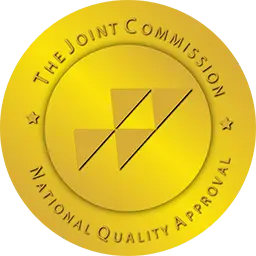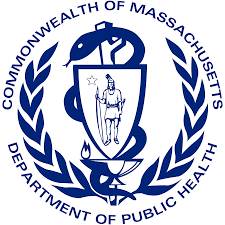Located in Newton, MA, the Crown Adolescent Center is dedicated to providing exceptional care tailored specifically for adolescents struggling with depression. The center operates on the fundamental principle that every adolescent has the potential to lead a fulfilling and joyful life, regardless of their mental health challenges. With a multidisciplinary team of experts, Crown Adolescent Center offers a range of evidence-based treatments and support services designed to address the complex needs of adolescents and their families.
Comprehensive Assessment and Diagnosis
The journey to effective treatment begins with a thorough assessment and accurate diagnosis. The Crown Adolescent Center employs a team of skilled clinicians who specialize in adolescent mental health. Through comprehensive evaluations that include interviews, questionnaires, and psychological testing, these experts work to identify the specific challenges and needs of each adolescent. This meticulous assessment process ensures that the treatment plan is tailored to the individual, providing a roadmap for recovery and healing.
Individualized Treatment Plans
No two adolescents are alike, and neither are their experiences with depression. Recognizing this, Crown Adolescent Center emphasizes the creation of individualized treatment plans that cater to the unique needs of each patient. These plans are developed collaboratively with the adolescent, their family, and the clinical team, ensuring that all perspectives and concerns are taken into account. Treatment plans may include a combination of therapies and interventions, such as:
- Cognitive Behavioral Therapy (CBT): A widely researched and effective therapeutic approach, CBT helps adolescents identify and challenge negative thought patterns and behaviors, fostering healthier ways of thinking and coping.
- Dialectical Behavior Therapy (DBT): Particularly useful for adolescents with severe emotional dysregulation, DBT focuses on teaching skills for emotional regulation, distress tolerance, interpersonal effectiveness, and mindfulness.
- Family Therapy: Depression in adolescents often affects and is affected by family dynamics. Family therapy engages family members in treatment, improving communication and relationships and creating a supportive home environment.
- Medication Management: In some cases, medication may be necessary to manage symptoms of depression. Psychiatrists at Crown Adolescent Center work closely with adolescents and their families to determine if medication is appropriate and to monitor its effectiveness and any side effects.
- Group Therapy: Group therapy provides a sense of community and peer support, allowing adolescents to connect with others who are experiencing similar challenges. It fosters a sense of belonging and reduces feelings of isolation.
Holistic and Integrative Approaches
At the Crown Adolescent Center, wellness-oriented practices are used to complement traditional psychological therapies, offering adolescents holistic ways to manage their mental health. Mindfulness and stress reduction techniques, such as guided meditation, yoga, and controlled breathing exercises, play a significant role in helping adolescents manage their stress. These practices encourage self-awareness and help teens build resilience against triggers that may provoke anxiety or trauma responses. By integrating mindfulness, the center aims to reduce stress while promoting a sense of calm and balance in the lives of adolescents facing mental health challenges.
In addition to mindfulness, creative outlets like art and expressive therapies provide alternative methods for adolescents to process their emotions. When verbal expression falls short, art, music, or writing can offer a therapeutic release, allowing teens to explore and express complex emotions related to trauma or other mental health issues. Physical activity is another crucial element of this wellness approach. Regular exercise not only improves overall mental health but also helps reduce stress, enhances mood, and promotes better sleep—often a challenge for those dealing with conditions like PTSD. By encouraging physical activity, the Crown Adolescent Center integrates mental, emotional, and physical health, fostering a more comprehensive path to recovery.
How Our Adolescent Depression Treatment in Newton, MA, Offers Support for Families
The impact of an adolescent’s depression extends beyond the individual to their family. At Crown Adolescent Center, the importance of family involvement in the treatment process is emphasized. Support and educational programs for families are integral components of the center’s approach. These programs aim to educate family members about adolescent depression, improve communication skills, and empower them to provide the necessary support during their child’s journey to recovery.
Educational and Community Outreach
Crown Adolescent Center is committed to raising awareness about adolescent depression and reducing stigma surrounding mental health issues. The center actively engages in community outreach and educational initiatives, offering workshops, seminars, and support groups. By fostering a more informed and supportive community, the center strives to ensure that adolescents struggling with depression receive the understanding and encouragement they need.
Outcomes and Success
The ultimate goal of Crown Adolescent Center is to help adolescents achieve lasting recovery and improve their overall quality of life. The center’s commitment to evidence-based practices and personalized care has resulted in numerous success stories. Many adolescents who have sought treatment at Crown Adolescent Center have gone on to lead fulfilling lives, excelling academically, building healthy relationships, and pursuing their passions. The positive outcomes underscore the center’s efficacy and dedication to making a difference in the lives of young individuals.


















